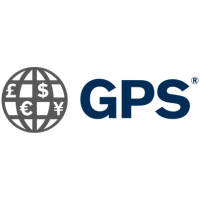This environment creates urgency among account executives, who monitor reports and communicate with clients about potential impacts on cash flow and hedging strategies.
Studying cultural anthropology sparked an interest in Network and Complex Systems Theory, which analyzes patterns in interconnected systems, including economic and social dynamics. This interest informs work at GPS, where the interconnectedness of global finance and the proactive nature of teams are observed, especially during unpredictable events like conflicts and trade shifts.
Cash flow hedging is essential for businesses facing foreign exchange exposure, which can lead to increased costs and financial uncertainty. One client had to close a subsidiary due to political changes but successfully unwound their hedging strategies with GPS’s guidance. Another client expanded into Asia, relying on GPS to navigate new currency markets.
Recent geopolitical events, such as the wars in Ukraine and Israel, have caused significant currency fluctuations, prompting GPS advisors to monitor market movements and provide timely advice closely.
Cash flow hedging involves forecasting cash flows up to 12 months in advance, allowing businesses to lock in favorable rates and mitigate risks associated with currency volatility. There are three main hedging strategies: static, rolling, and layered, each with its own approach to managing cash flow uncertainties.
The dedicated service provided by GPS ensures that clients receive personalized support, enabling them to adapt quickly to changing market conditions. This collaboration fosters effective solutions in the face of global challenges, ultimately enhancing business agility and resilience.












